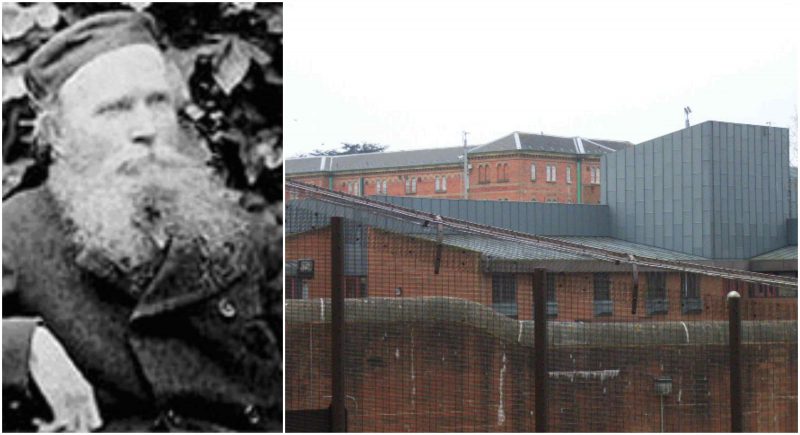Dr. William Chester Minor arrived in Crowthorne, Berkshire on 17th April 1872, passing through the forbidding gates of Broadmoor Criminal Lunatic Asylum to begin an incarceration that lasted 38 troubled years. The story which had brought him to this nadir spanned many years, his spiraling descent into mental instability was both protracted and painful.
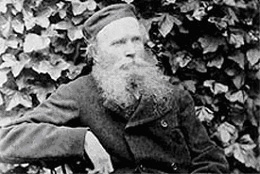
Minor was born on the island of Sri Lanka, the son of Congregationalist Church missionaries from New England. He had numerous half-siblings, among them Thomas T. Minor, mayor of Seattle, Washington. At 14 he was sent to the United States. He subsequently attended Yale Medical School, graduating with a degree and a specialization in comparative anatomy in 1863.

He was accepted by the Union Army as a surgeon and served at the Battle of the Wilderness in May 1864, which was notable for the terrible casualties suffered by both sides. Minor was also given the task of punishing an Irish soldier in the Union Army by branding him on the face with a D for “deserter” and his nationality later played a role in Minor’s dementia delusions.
After the end of the American Civil War, Minor saw duty in New York City. He was strongly attracted to the red-light district of the city and devoted much of his off-duty time to going with prostitutes. By 1867, his behavior had come to the attention of the Army and he was transferred to a remote post in the Florida Panhandle.
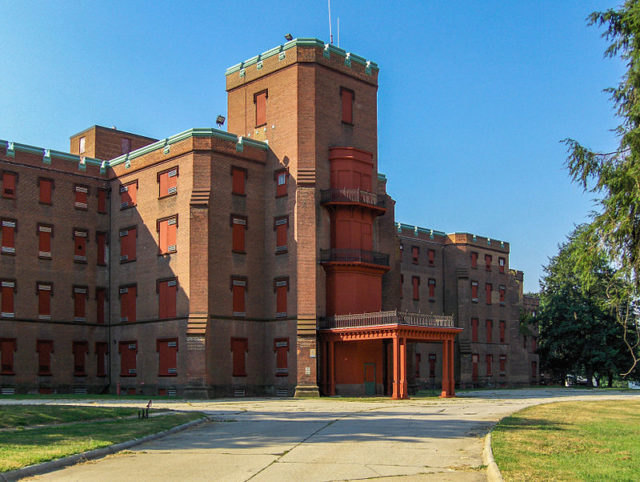
In 1868 Minor was diagnosed as “delusional” and was considered a suicide and homicide risk. He was willingly admitted to the Government Hospital for the Insane in Washington, D.C. (known as St. Elizabeth’s Hospital) and officially retired from the U.S. Army.
In 1871, Minor was released, and he visited friends and family before boarding a ship to London, hoping that a change of scenery would cure him. He settled in Lambeth, an area in south London that afforded him “easy access to easy women.” Minor’s paranoia followed him across the pond. He believed people were breaking into his room while he slept.
Haunted by his paranoia, he fatally shot a man named George Merrett, who Minor believed had broken into his room, on February 17, 1872. Merrett had been on his way to work to support his family of six children, himself, and his pregnant wife, Eliza. After a pre-trial period spent in London’s Horsemonger Lane Gaol, Minor was found not guilty by reason of insanity and incarcerated in the asylum at Broadmoor in the village of Crowthorne, Berkshire.
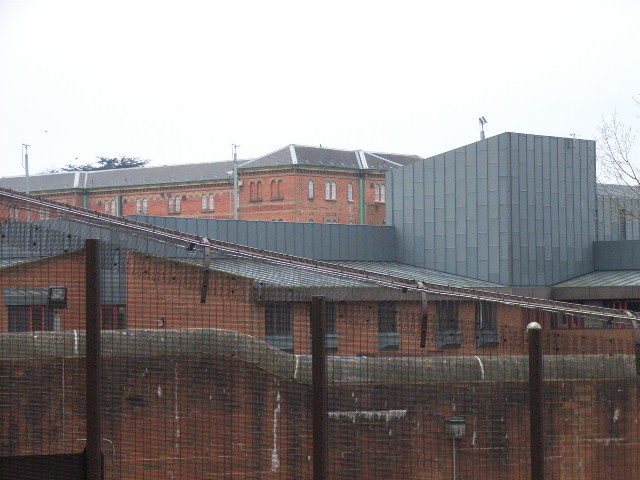
As he had his army pension and was not judged dangerous, he was given rather comfortable quarters and was able to buy and read books.
It was probably through his correspondence with the London booksellers that he heard the call for volunteers from what was to become the Oxford English Dictionary (OED). He devoted most of the remainder of his life to that work. He became one of the project’s most effective volunteers, reading through his large personal library of antiquarian books and compiling quotations that illustrated the way particular words were used. He was often visited by the widow of the man he had killed, and she provided him with further books.
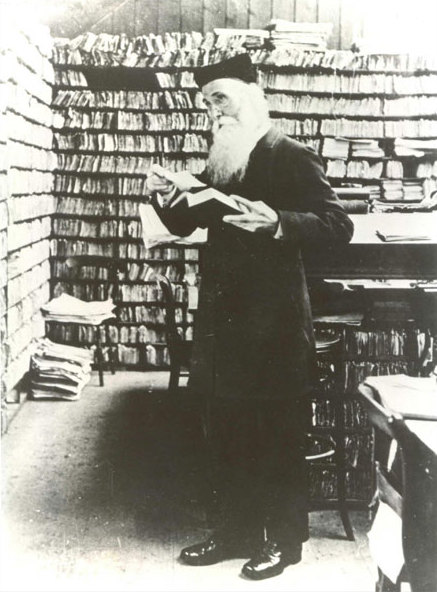
The compilers of the dictionary published lists of words for which they wanted examples of usage. Minor provided these, with increasing ease as the lists grew. It was many years before the OED‘s editor, Dr. James Murray, learned Minor’s background history, and visited him in January 1891. In 1899 Murray paid compliment to Minor’s enormous contributions to the dictionary, stating, “we could easily illustrate the last four centuries from his quotations alone.”
Minor’s condition deteriorated and in 1902, due to delusions that he was being abducted nightly from his rooms and taken to places as far away as Istanbul and forced to commit sexual assaults on children, he cut off his own penis (autopeotomy) using a knife he had employed in his work on the dictionary.
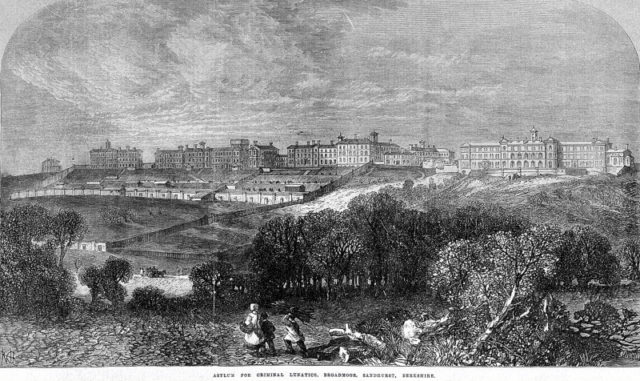
His health continued to worsen, and after Murray campaigned on his behalf, Minor was released in 1910 on the orders of Home Secretary Winston Churchill. He was deported back to the United States and resided at St. Elizabeths Hospital where he was diagnosed with dementia praecox. He died in 1920 in Hartford, Connecticut after being moved in 1919 to the Retreat for the Elderly Insane there.
